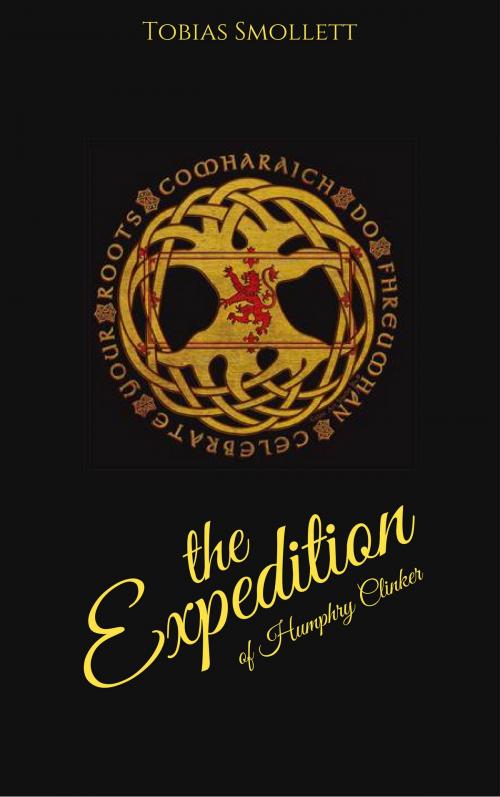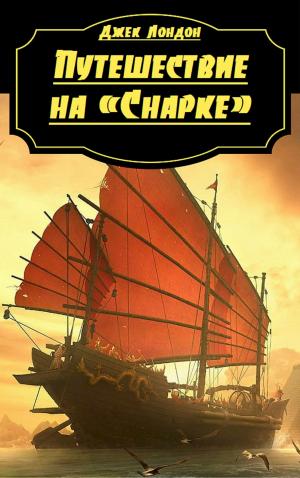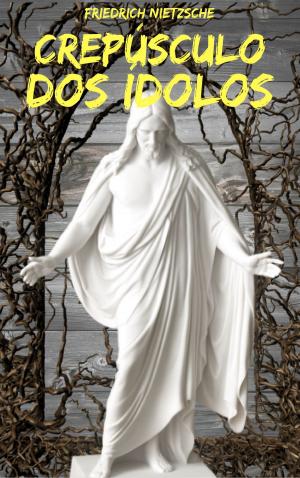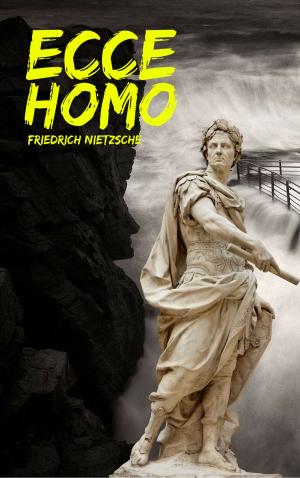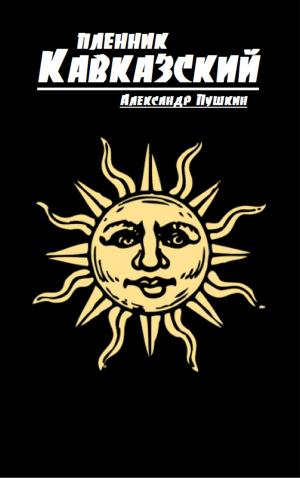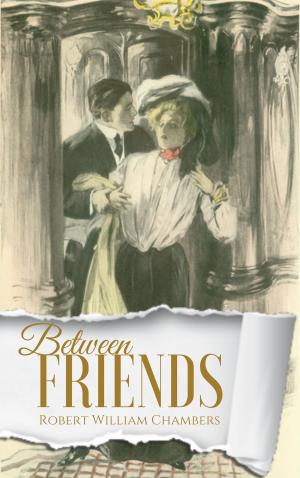| Author: | Tobias Smollett | ISBN: | 1230001906974 |
| Publisher: | EnvikaBook | Publication: | September 19, 2017 |
| Imprint: | Language: | English |
| Author: | Tobias Smollett |
| ISBN: | 1230001906974 |
| Publisher: | EnvikaBook |
| Publication: | September 19, 2017 |
| Imprint: | |
| Language: | English |
The Expedition of Humphry Clinker was the last of the picaresque novels of Tobias Smollett, published in London on 17 June 1771 (just three months before Smollett's death), and is considered by many to be his best and funniest work. It is an epistolary novel, presented in the form of letters written by six characters: Matthew Bramble, a Welsh Squire; his sister Tabitha; their niece Lydia and nephew Jeremy Melford; Tabitha's maid Winifred Jenkins; and Lydia's suitor Wilson.
Much of the comedy arises from differences in the descriptions of the same events and places seen by the participants. Attributions of motives and descriptions of behaviour show wild variation and reveal much about the character of the teller. The setting, amidst the high-society spa towns, inns, and seaside resorts of the 18th century, provides his characters with many opportunities for satiricalobservations on English and Scottish life, manners, and politics. Smollett relies heavily on a scatalogical humor.
The author's travels in Scotland, France, and Italy influenced his novel.
The Expedition of Humphry Clinker was the last of the picaresque novels of Tobias Smollett, published in London on 17 June 1771 (just three months before Smollett's death), and is considered by many to be his best and funniest work. It is an epistolary novel, presented in the form of letters written by six characters: Matthew Bramble, a Welsh Squire; his sister Tabitha; their niece Lydia and nephew Jeremy Melford; Tabitha's maid Winifred Jenkins; and Lydia's suitor Wilson.
Much of the comedy arises from differences in the descriptions of the same events and places seen by the participants. Attributions of motives and descriptions of behaviour show wild variation and reveal much about the character of the teller. The setting, amidst the high-society spa towns, inns, and seaside resorts of the 18th century, provides his characters with many opportunities for satiricalobservations on English and Scottish life, manners, and politics. Smollett relies heavily on a scatalogical humor.
The author's travels in Scotland, France, and Italy influenced his novel.
